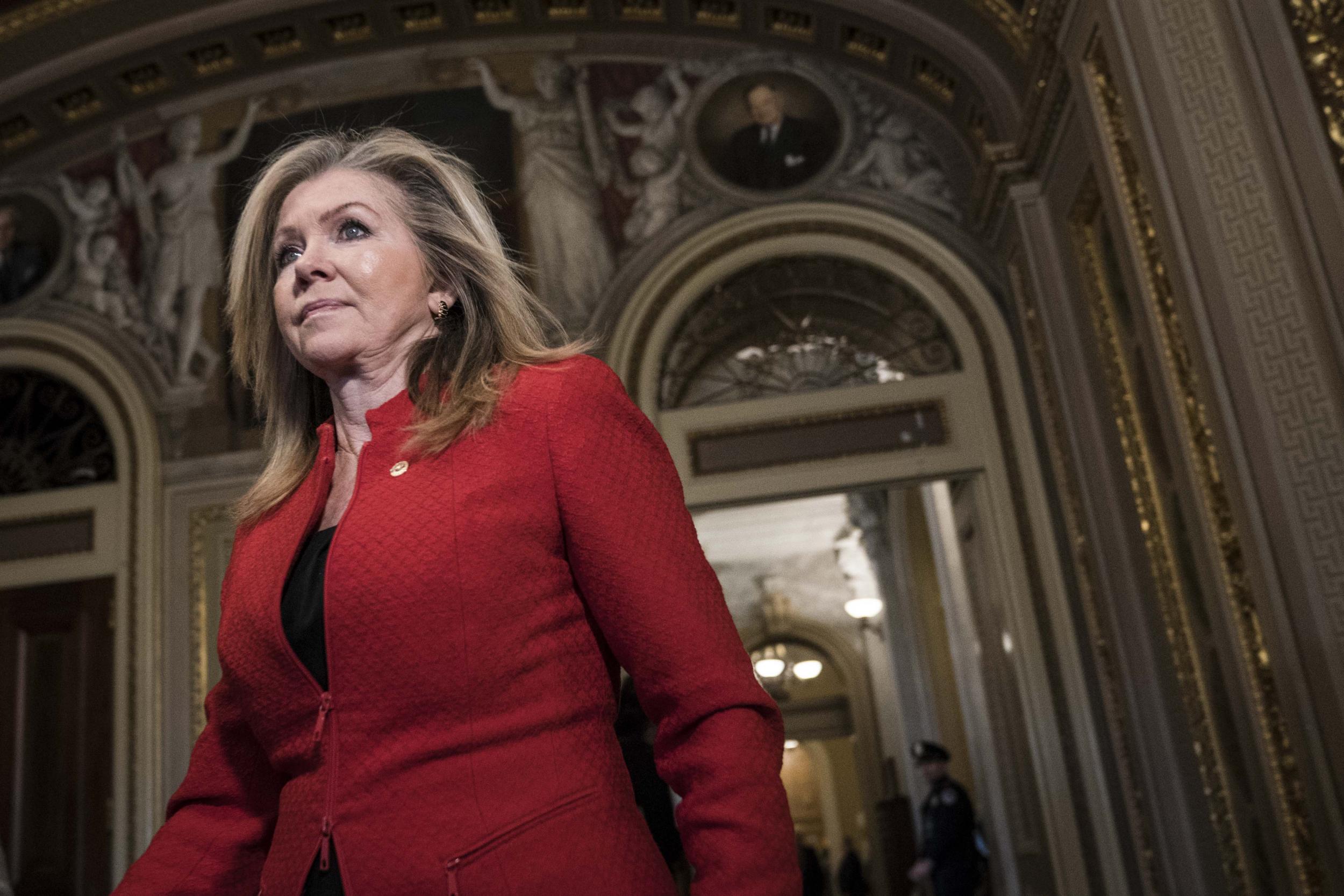Republicans block plans to protect US elections from foreign interference
'Moscow Mitch' McConnell accused of filling 'legislative graveyard' with election security measures to prevent repeat of 2016 tampering

Your support helps us to tell the story
From reproductive rights to climate change to Big Tech, The Independent is on the ground when the story is developing. Whether it's investigating the financials of Elon Musk's pro-Trump PAC or producing our latest documentary, 'The A Word', which shines a light on the American women fighting for reproductive rights, we know how important it is to parse out the facts from the messaging.
At such a critical moment in US history, we need reporters on the ground. Your donation allows us to keep sending journalists to speak to both sides of the story.
The Independent is trusted by Americans across the entire political spectrum. And unlike many other quality news outlets, we choose not to lock Americans out of our reporting and analysis with paywalls. We believe quality journalism should be available to everyone, paid for by those who can afford it.
Your support makes all the difference.Republicans in the US Senate have blocked the passage of several election security measures that would require campaigns to alert federal authorities about foreign influence and ban voting machines from connecting to the internet.
As part of the Senate's procedure, Democrats sought "unanimous consent" to bring the measures to the body, meaning any one opponent could effectively end the bills' passage just nine months from contentious 2020 federal elections.
On Tuesday, Tennessee Senator Marsha Blackburn opposed the requests, accusing Democrats of using the measures as a fundraising effort to attack Republicans knowing that they would prevent their passage.
The move follows Donald Trump's apparent intervention in the sentencing of former adviser Roger Stone and the resignation of four federal prosecutors from the case after the Justice Department reversed course, which Democrats say was at the urging of the president.
Recently emboldened by his acquittal in the Senate impeachment trial after being charged with pressuring Ukraine to collect politically damaging information on his opponent Joe Biden, the president congratulated his attorney general William Barr for "taking charge of a case that was totally out of control and perhaps should not have even been brought".
Two of the latest bills to face a roadblock by Senate Republicans would require campaigns to report offers of foreign assistance to the Federal Election Commission and the FBI, while the SAFE Act proposes prohibiting voting machines from being connected to the internet or being produced in foreign countries.
Their introduction to the upper chamber of Congress follows a Senate Intelligence Committee report investigating 2016 election interference, revealing how poorly postured US elections are against Russian-backed manipulation, warning that have largely been ignored by Republicans.
Democrats have accused Senate Majority Leader Mitch McConnell of burying Democrat-backed bills in his "legislative graveyard" and "refusing to take action on critical legislation that already has bipartisan support" last fall. A stack of 250 bills languished on Mr McConnell's desk late last year, including nine election security bills.
His coordinated roadblock earned him the nickname "Moscow Mitch".
"Once again, Senate Republicans, afraid of the wrath of President Trump and Senator McConnell, blocked our efforts", said Minority Leader Chuck Schumer. "We'll see if our Republican friends are willing to stand up and do what's necessary to protect elections, something that Americans have died for over the centuries."
Roger Stone was found guilty of lying to Congress and tampering with witnesses as politicians investigated whether he sought foreign support to access hacked Democrat emails in the 2016 election as a campaign adviser to Mr Trump.
Following the Justice Department's recommendation for a seven-to-nine-year sentence, the president called the sentence "horrible" and "unfair" and a "miscarriage of justice" hours before the department reversed course.
Democrats have demanded that the inspector general open an investigation into the president's actions.
Join our commenting forum
Join thought-provoking conversations, follow other Independent readers and see their replies
Comments